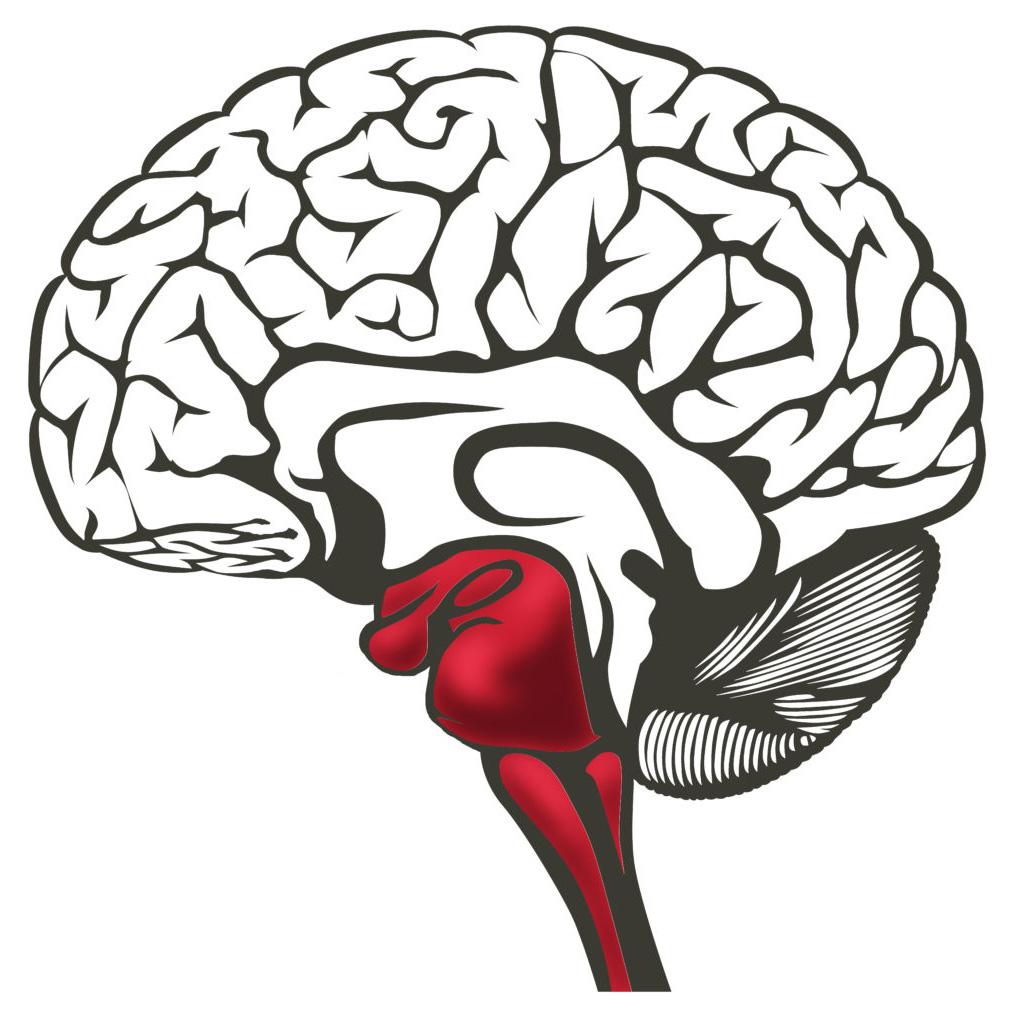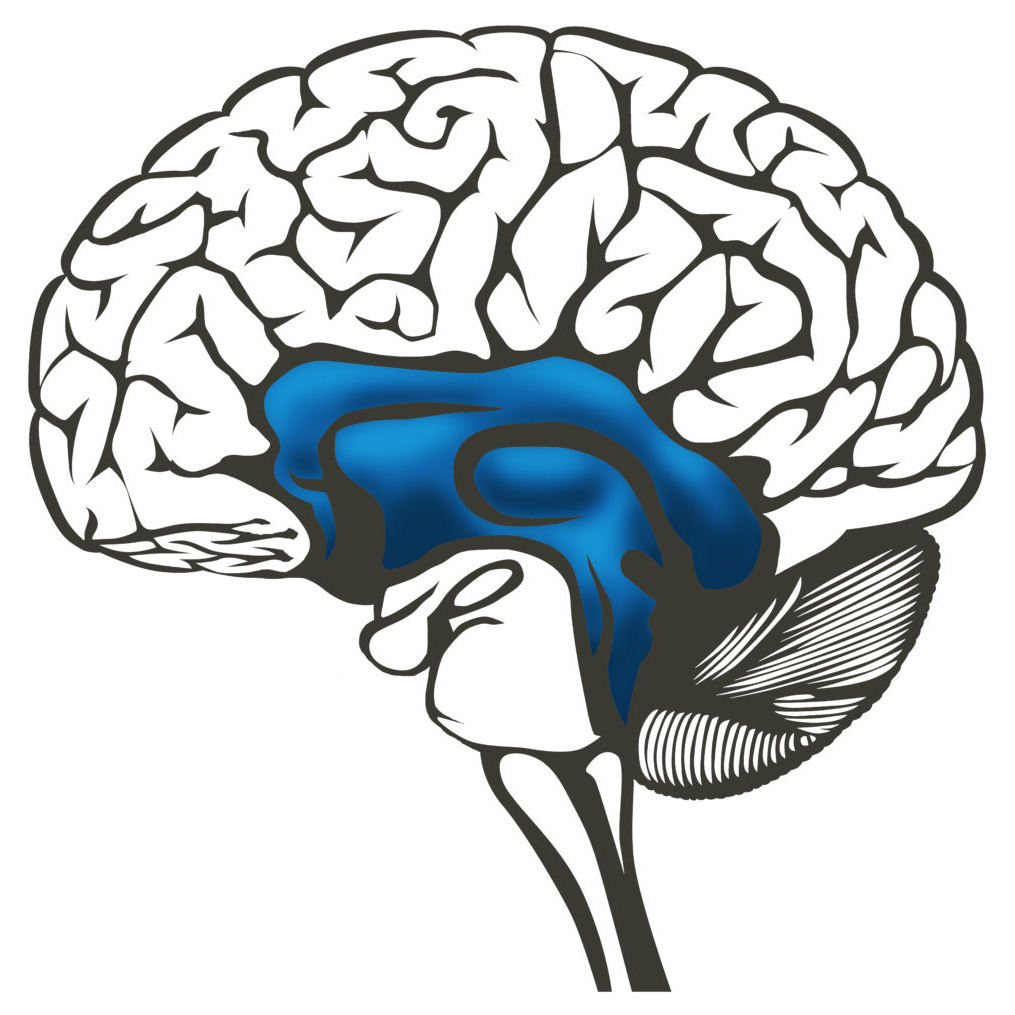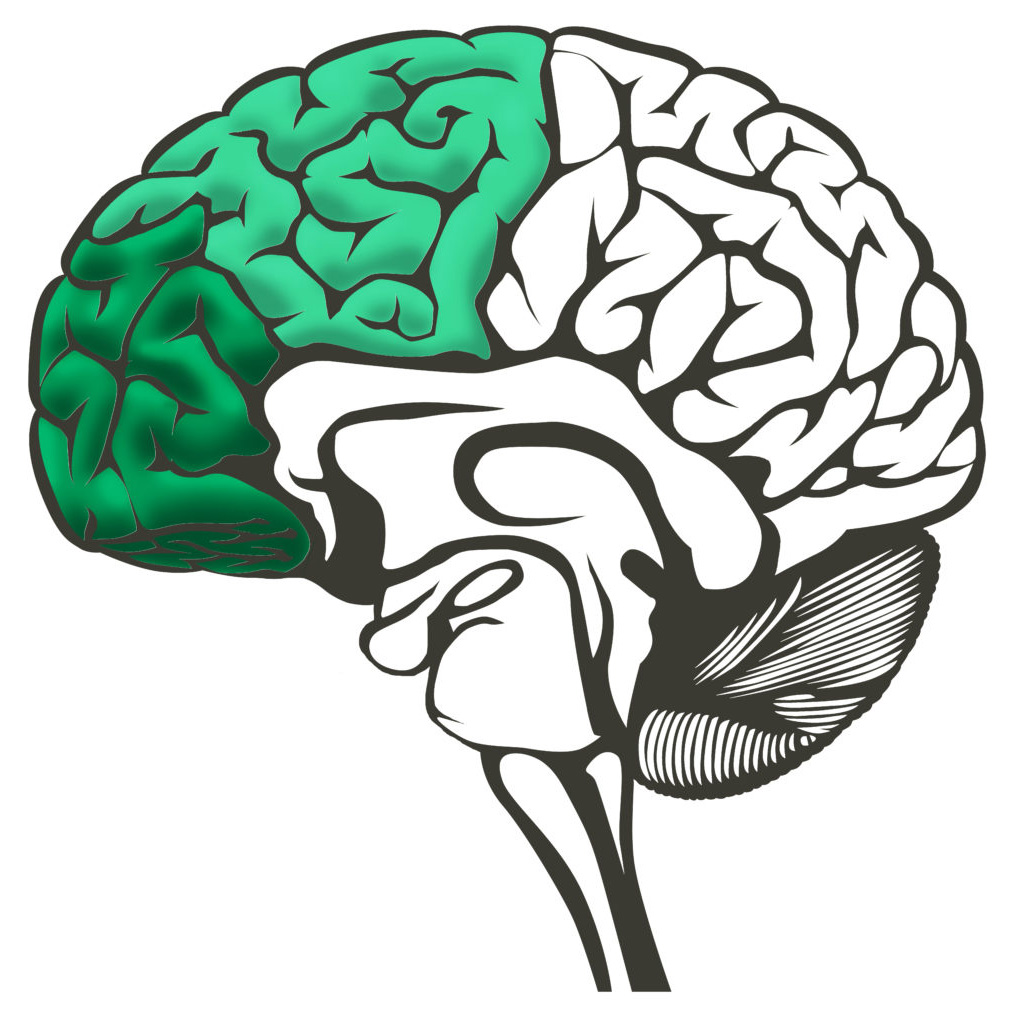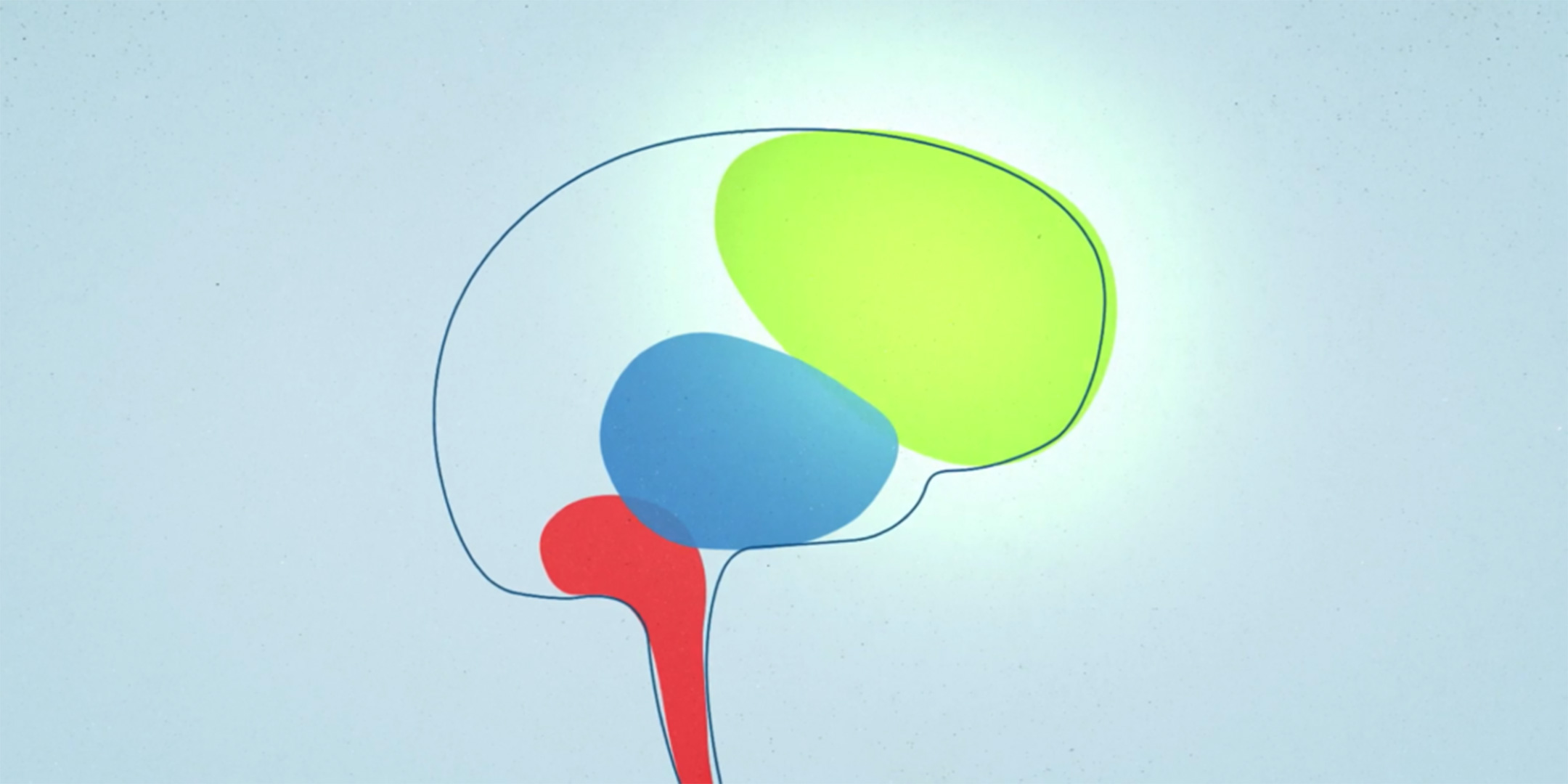A Neurodevelopmental Model that Focuses on Internal States First and Behavior Second
The Conscious Discipline Brain State Model becomes a framework for us to understand the internal brain-body states that are most likely to produce certain behaviors in children and in ourselves. With this awareness, we learn to consciously manage our own thoughts and emotions so we can help children learn to do the same. The goal of this model is not to turn into neuroscientists, but to provide a simplified brain model as a means for increasing our self-awareness so we can respond consciously to the needs of the moment.
Our multidisciplinary approach surpasses behavioral approaches that teach specific behaviors, and offers a neuro-developmental model of the brain based on and adapted from the work of Bruce Perry, Daniel Siegel, Allan Schore, Louis Cozolino, Joseph LeDoux, Paul MacLean, and Alexander Luria.
Safety, Connection and Problem-Solving

Survival State
Brain Stem
The Survival State represents the primal brain and asks the question, “Am I safe?” The only way to soothe the Survival State is through the creation of Safety.
Learn More
Emotional State
Limbic System
This Brain State represents mid-level functionality and asks the question, “Am I loved?” The only way to soothe an upset emotional state is through Connection.
Learn More
Executive State
Prefrontal Lobes
The Executive State represents the optimal state for problem-solving and learning. This Brain State asks the question, “What can I learn from this?”
Learn MoreMore Conscious Discipline Methodology
Seven Powers
Conscious Discipline is based on mindfulness research and consists of Seven Powers for conscious adults that empower self-regulation.
Learn MoreSchool Family
The School Family increases connections between adults and children at all levels and learning. The School Family creates a positive culture and climate for optimal development and learning.
Learn MoreSeven Skills
Seven Skills of Discipline transform everyday discipline issues into teachable moments that develop social-emotional and communication skills.
Learn MoreResearch
Learn more about the statistical findings, papers, assessments and research that support our evidence-based and trauma informed programs, structures and skills.
Learn More


